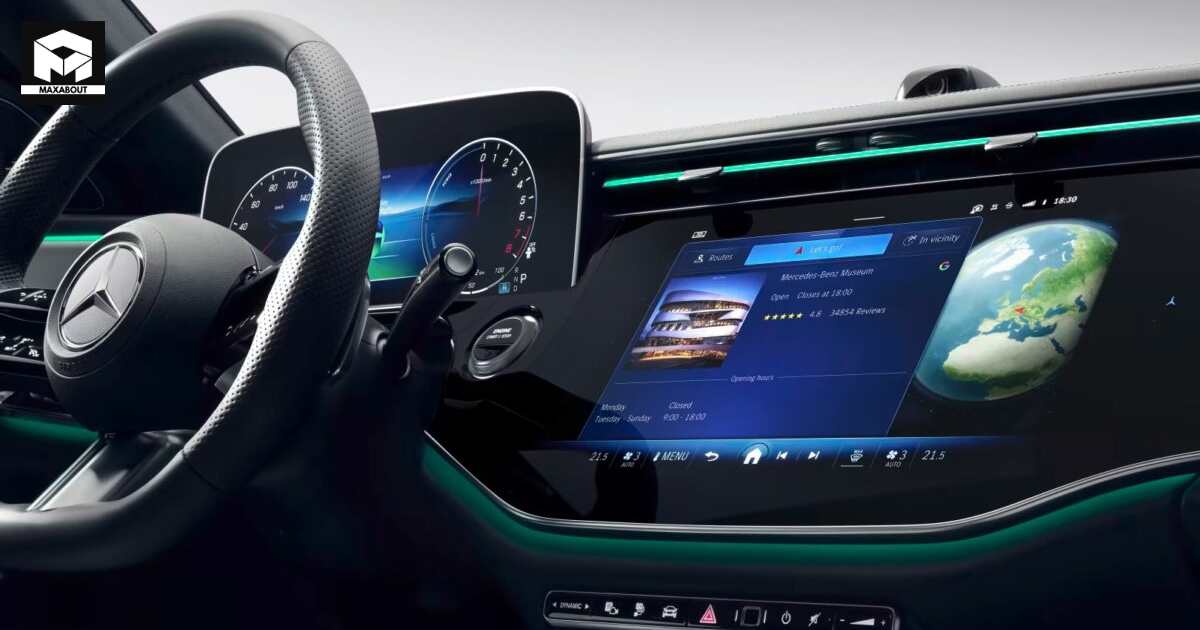Euro NCAP is set to introduce new safety rating rules in January 2026, aimed at encouraging car manufacturers to reduce the use of touchscreens for basic functions in vehicles. This measure is a response to concerns about the possible effects touch-based car controls could have on safety. Originally unusual, touchscreens are now common place in automobile interiors but excessive use has caused problems with usability and functioning.
Euro NCAP's Safety Rating Rules
Under the new rules, vehicles will be required to have physical controls for essential functions such as turn signals, hazard lights, horns, and windscreen wipers to qualify for a full 5-star safety rating. This requirement is intended to reduce driver distraction and improve road safety. While the exact evaluation procedures for these rules have not been finalized, carmakers have been made aware of the proposed changes and are reportedly supportive. The implementation of these rules could lead to a shift towards more physical controls in cars, potentially improving overall road safety.

Industry-Wide Problem
Carmakers are progressively integrating essential controls onto central touchscreens which has led to an industry-wide problem with touchscreen misuse. Given that using these touch panels frequently requires drivers to take their eyes off the road usability and functionality issues have been brought up to this trend. Concerns over the safety implications of touchscreen-centric interfaces are growing, as evidenced by Euro NCAP's decision to establish new crash testing regulations that would require cars to include physical buttons for basic operations to receive a complete 5-star safety rating.
Reasons for Including Touchscreens
Carmakers have been driven to adopt touchscreens despite the usability issues they present because of financial concerns. Manufacturers trying to cut costs find that producing a single touchscreen panel is more affordable than producing many physical buttons and dials. However, worries regarding driver distraction and safety have been highlighted by the over-dependence on touchscreens. Therefore, a reevaluation of this strategy may be prompted by Euro NCAP's new safety rating regulations, which could result in the return of physical controls in automobiles. This change could result in less distracting and more intuitive interfaces which would increase user experience in addition to safety.
Possible Effects
While Euro NCAP testing is voluntary, carmakers often use the results in their marketing campaigns to attract buyers. To obtain a higher safety rating, manufacturers may be encouraged by the new safety rating regulations to re-evaluate the use of touchscreens for routine tasks. This change could result in a more balanced strategy where important controls stay physical and touchscreens are used for non-essential activities.
The exact evaluation procedures for the new safety rating rules have not been finalized, but carmakers have been made aware of the proposed changes and are reportedly supportive. The implementation of these regulations may cause automobiles to become more physically controlled which could increase overall road safety. This move is in keeping with the increasing understanding of the risk of driver distraction caused by using a touchscreen in a car. The goal of Euro NCAP is to increase vehicle safety and decrease driver attention by requiring physical controls for basic operations.

